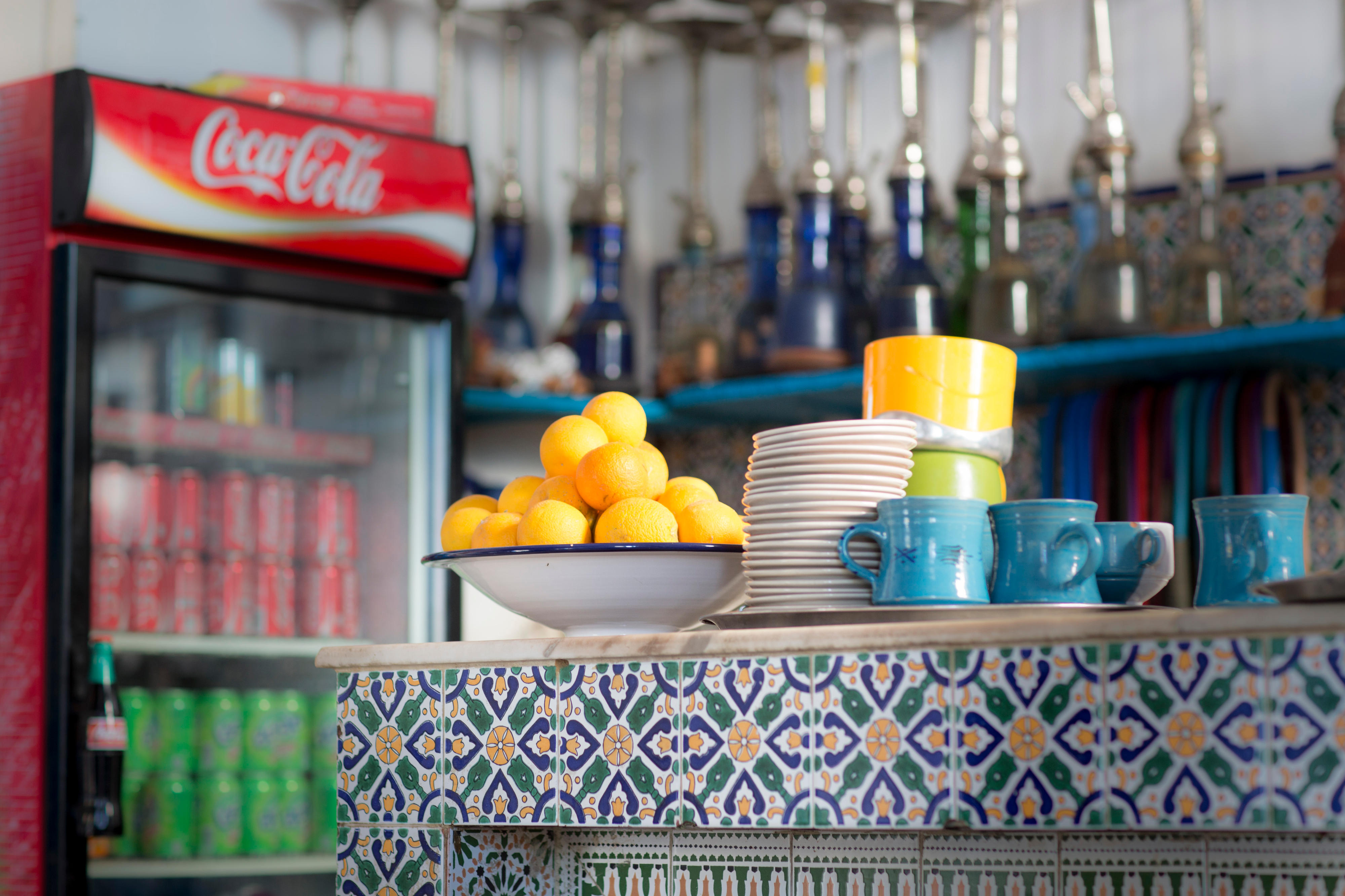Counter of a café in Tunisia
Copyright© Ute Grabowsky/photothek.net
Social situation Unequal distribution of wealth and high levels of unemployment
There have been some improvements to people's living conditions in Tunisia over the past decades. For example, almost the entire population has access to safe drinking water and electricity, and there is now a large middle class. On the latest United Nations Human Development Index (HDI), Tunisia is ranked 101st out of 193 states – behind Algeria (at 93), but significantly ahead of Morocco (at 120).
These developments notwithstanding, the wealth that has been achieved so far is unevenly distributed. Inland regions, in particular, are not yet benefiting sufficiently from the country's development. The hopes linked to the revolution in 2011 – namely that living standards, social protection and justice would improve – have remained unfulfilled for much of the country's population.
Frequent strikes and protests
One of Tunisia's biggest problems is the high level of unemployment. According to official figures, total unemployment stands at around 16 per cent (23.6 per cent for women and roughly 37 per cent for 15- to 24-year-olds). Even among young people with a university degree roughly 30 per cent are without a job. Tunisia's economic growth is not nearly strong enough to ease the pressures on the labour market.
The impact of the COVID-19 pandemic on the economy, with sharp declines in the tourism, automotive and textile industries, has exacerbated the situation and led to a further rise in unemployment figures.
Another reason for discontent is the marked drop in purchasing power. The Tunisian dinar has seen a massive loss in value in recent years while living costs have gone up because prices for energy, water and food, for instance, have increased. People are expressing their dissatisfaction with frequent protests and strikes.
As at: 15/04/2024
